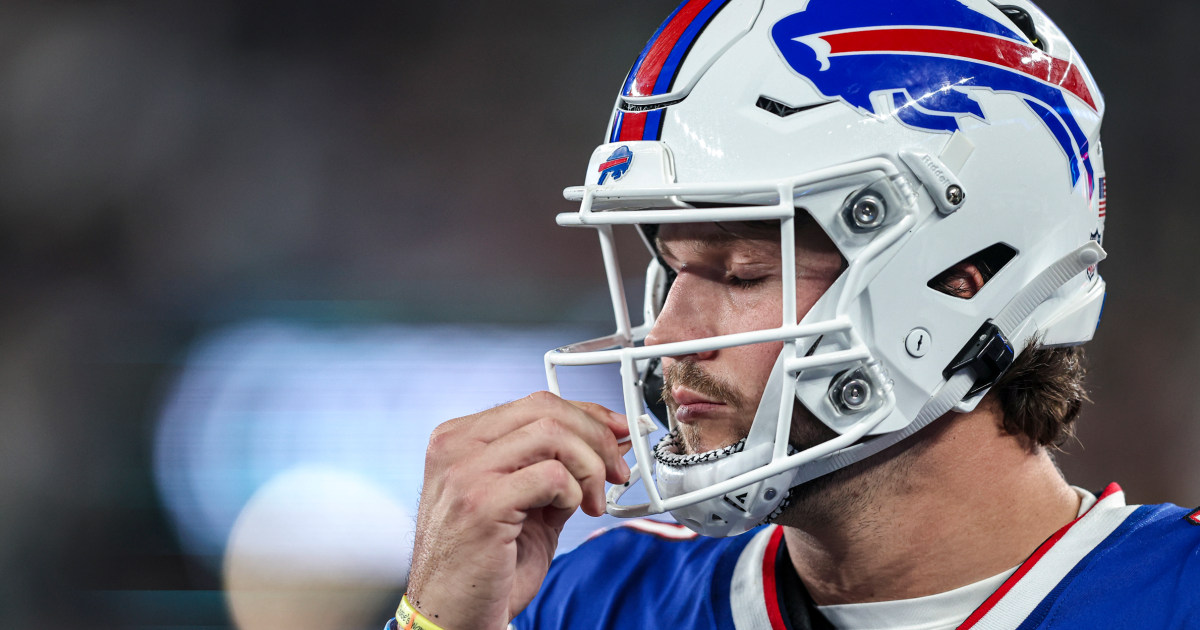
NFL games will be “B.Y.O.S.S.” in 2025.
On Tuesday, the league sent a memo to its 32 clubs informing them they would no longer be allowed to administer players ammonia in any form during the 2025 season, including ammonia inhalants, which are more commonly known as smelling salts.
After loud backlash from players, the NFL players’ association clarified in its own memo that the league hasn’t banned the use of smelling salts — it has only banned teams from being the suppliers.
“To clarify, this policy does not prohibit player use of these substances, but rather it restricts clubs from providing or supplying them in any form,” said the union’s message to players, per ESPN. “The NFL has confirmed this to us.”
What does that mean for players? They can still use ammonia inhalants, as long as they bring their own.
The league’s decision to bar teams from doling out smelling salts came somewhat on the heels of an Food and Drug Administration warning from a year ago, which alerted consumers “to not purchase or use certain inhalants, which are unapproved drugs marketed to promote alertness and boost energy.”
The inhalants are most often packaged in the form of a capsule comprised of ammonium carbonate and liquids. According to a 2006 editorial in the British Journal of Sports Medicine, when the capsule is crushed, a chemical reaction is formed, releasing ammonia gas. That gas irritates the nose and lungs, which makes those parts of the body work harder. Theoretically, that could increase the amount of oxygen the body intakes.
“Manufacturers have not demonstrated these products to be safe or effective for their intended uses,” the FDA warning reads, adding that the agency received reports of inhalants causing issues such as shortness of breath, seizures, migraines, vomiting, diarrhea and fainting.
Another important factor in the league’s decision was that the salts could also be used to mask concussion symptoms.
Players often use smelling salts for a quick jolt to their system.
“As a competitive person, you need something to get you going,” Tampa Bay Buccaneers linebacker Lavonte David told reporter Kay Adams. “Smelling salts wake you up and get you going right away. Ever since 2012, my rookie year, I’ve had to take a smelling salt before each drive.”
David added: “It’s a big role in a lot of our careers.”
In the wake of the proposed ban, several players were outspoken about their loyalty to the product.
“Our team got a memo today that smelling salts and ammonia packets were made illegal in the NFL, and I’ve been distraught all day,” San Francisco 49ers star tight end George Kittle said on NFL Network on Tuesday.
He later added, in jest: “I considered retirement. We have got to figure out a middle ground here, guys. Somebody help me out.”
“I’m going to be severely affected, to be honest with you,” Tampa Bay Buccaneers quarterback Baker Mayfield told reporter Kay Adams when asked about the ban.
“I think the reasoning is because it masks concussion symptoms, but if you get knocked out, which is the whole purpose of smelling salts to wake you up, you’re not allowed back in the game,” Mayfield added. “I think it was a quick trigger to ban them.”
Fortunately for players such as Kittle and Mayfield, the “ban” ended up being short-lived, as long as they are willing to bring their own to sidelines this season.
As for how much the salts will actually help their performance, their effect may be more mental than physical.
According to at least one study published last fall in a sports medicine journal, “the physiological and performance-enhancing effects of ammonia inhalants remain poorly understood.”
“Ammonia inhalants have no role in medical management of head injuries and have limited benefit with regards to sports performance,” reads the conclusion of the study.

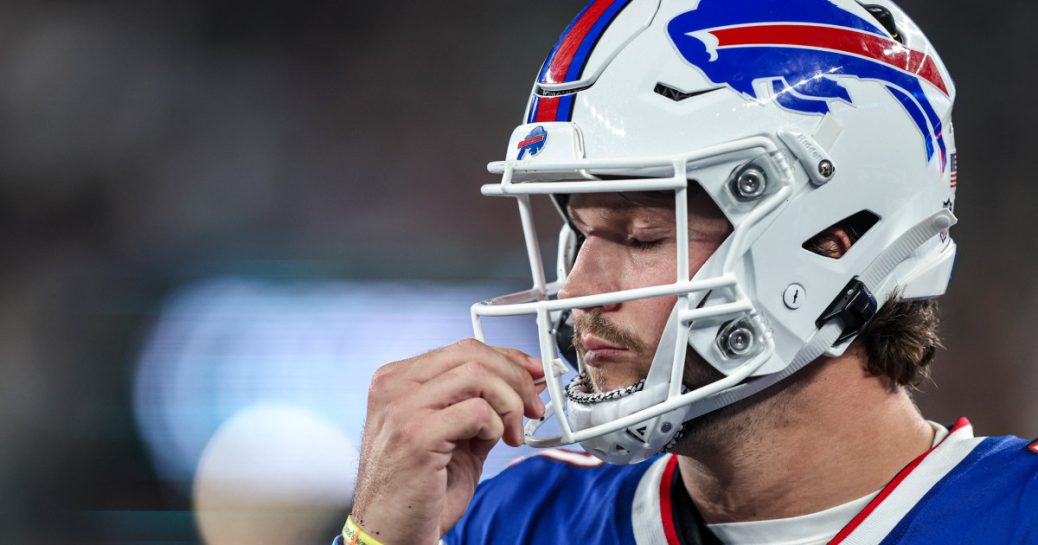



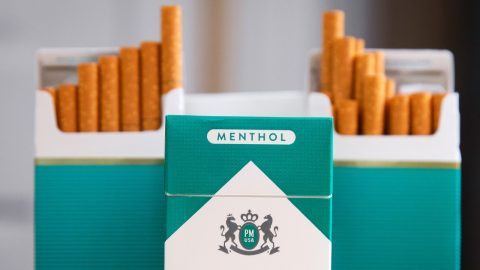

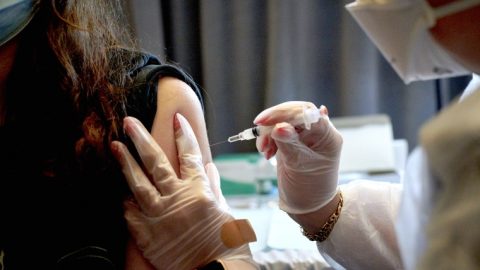
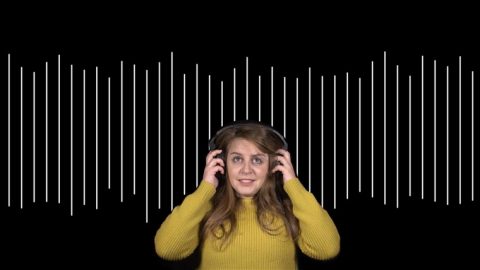
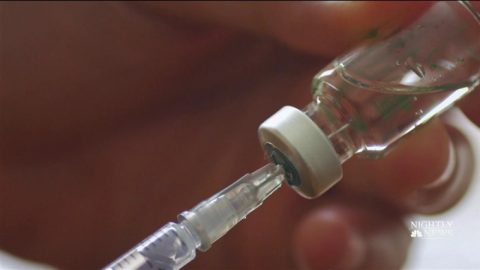
Recent Comments